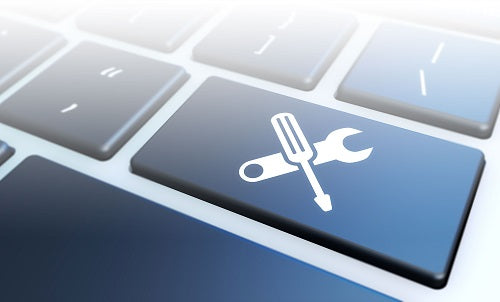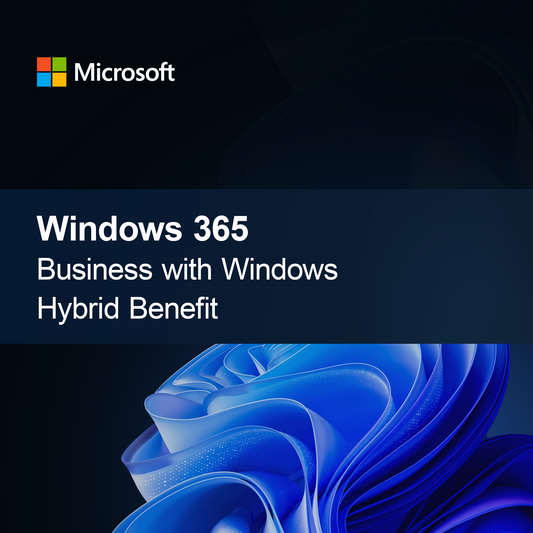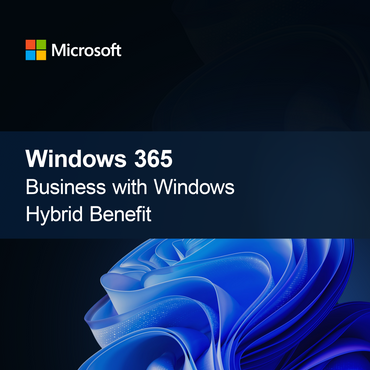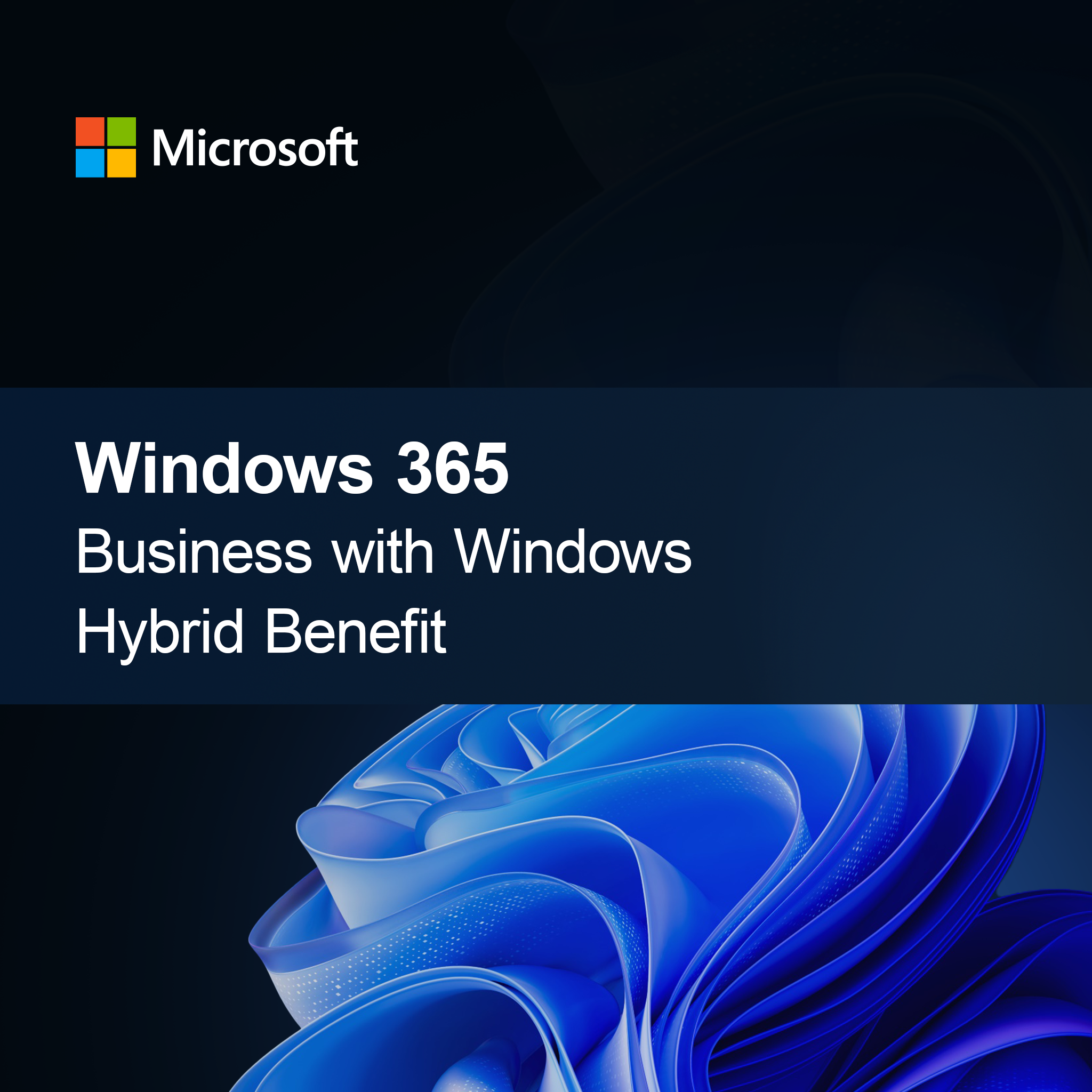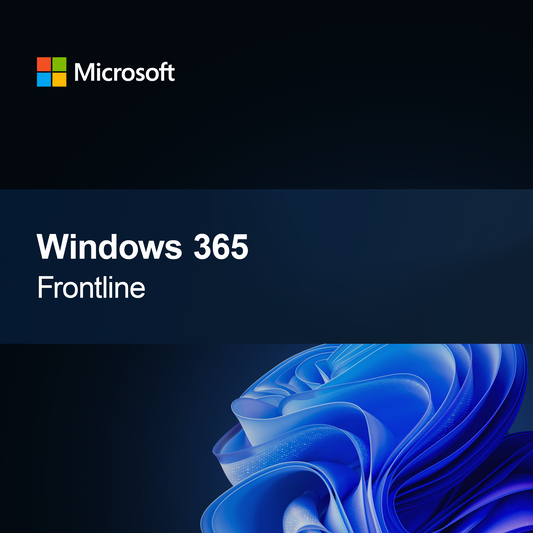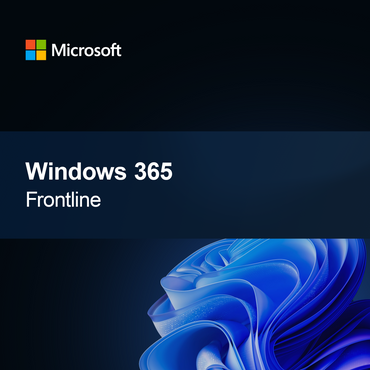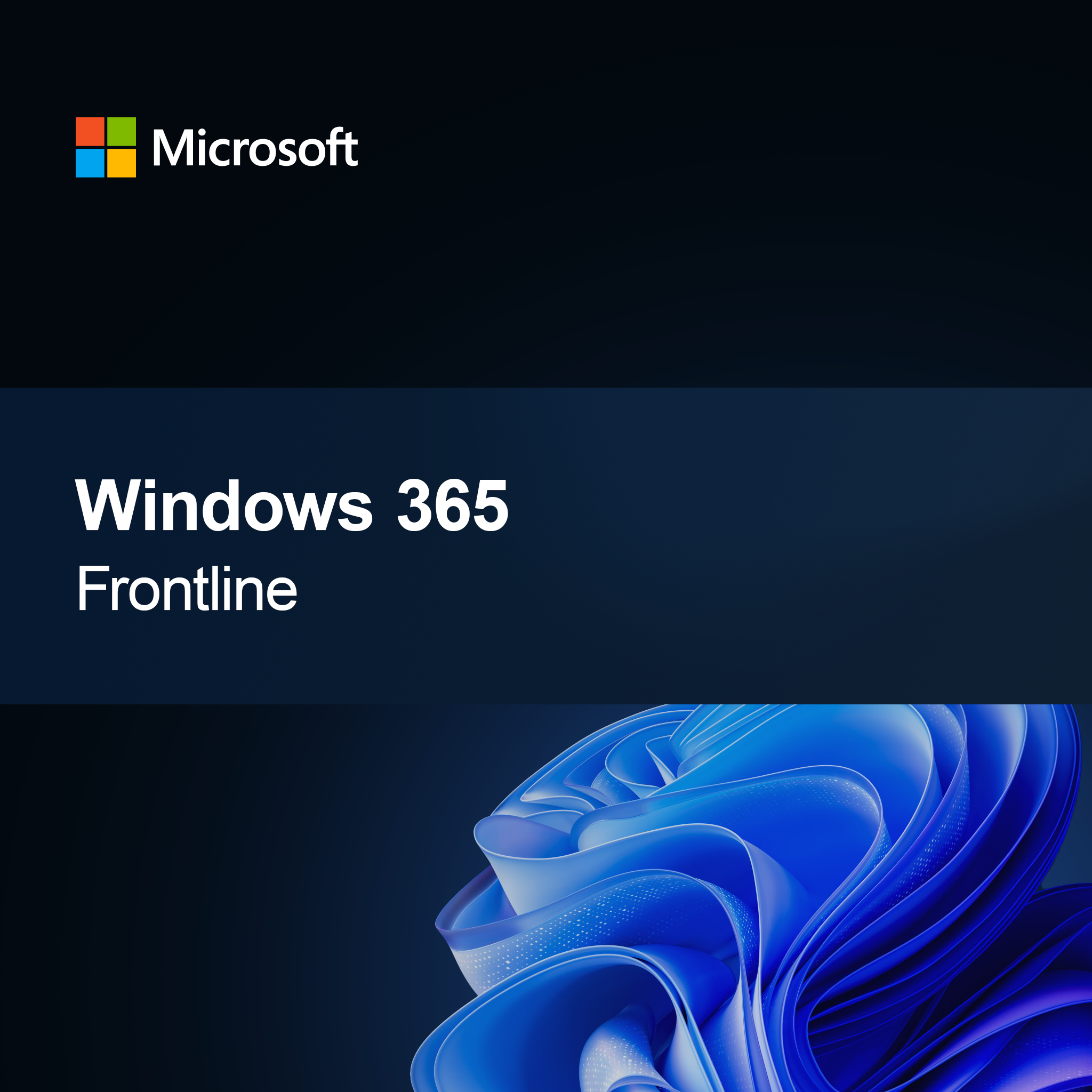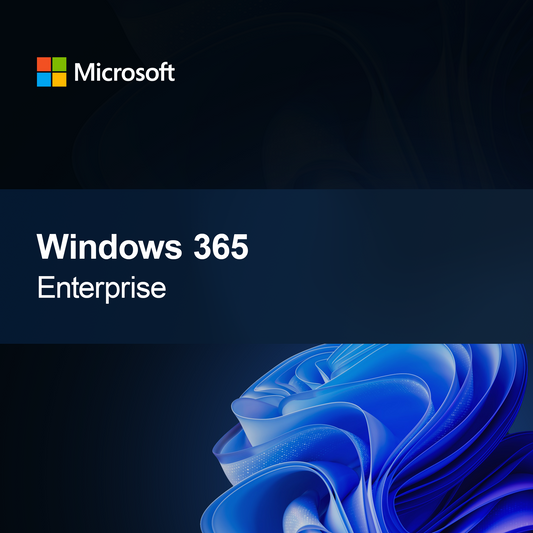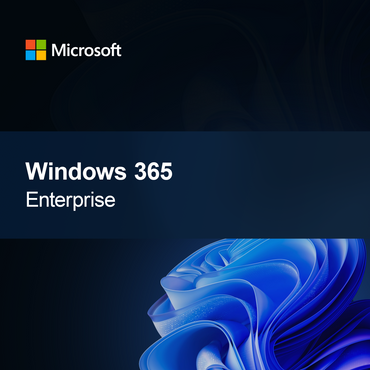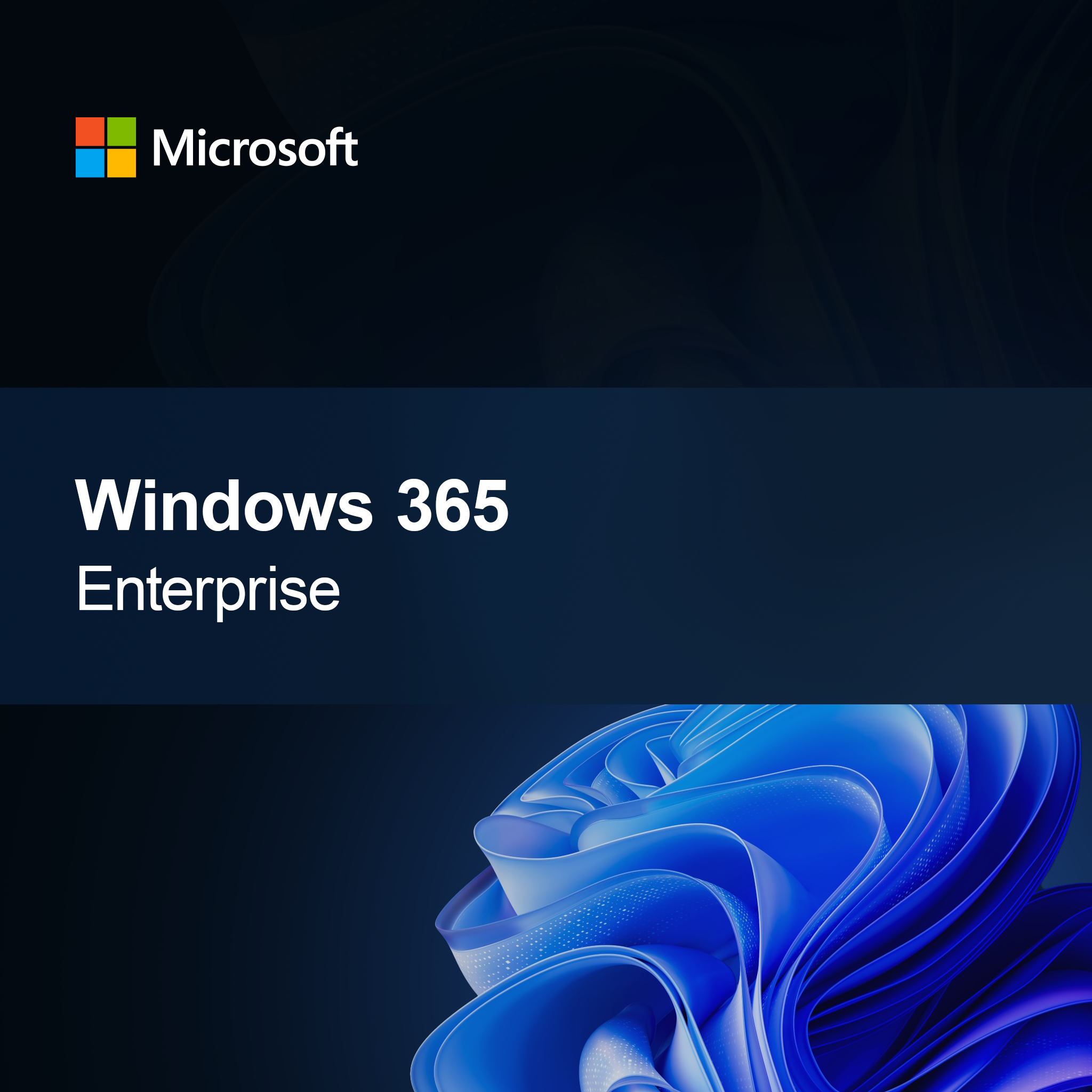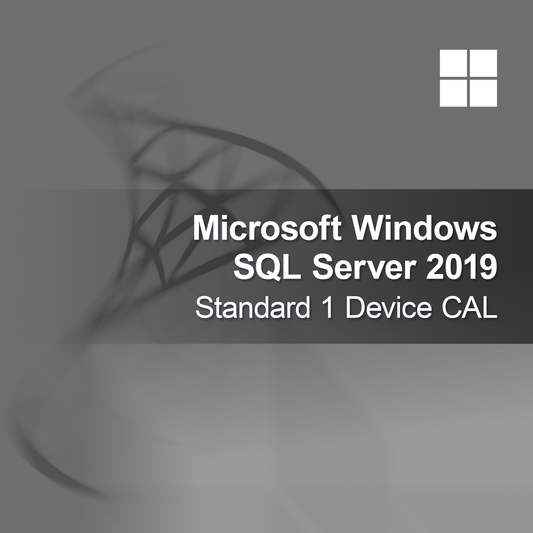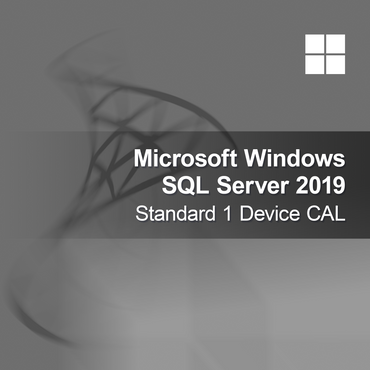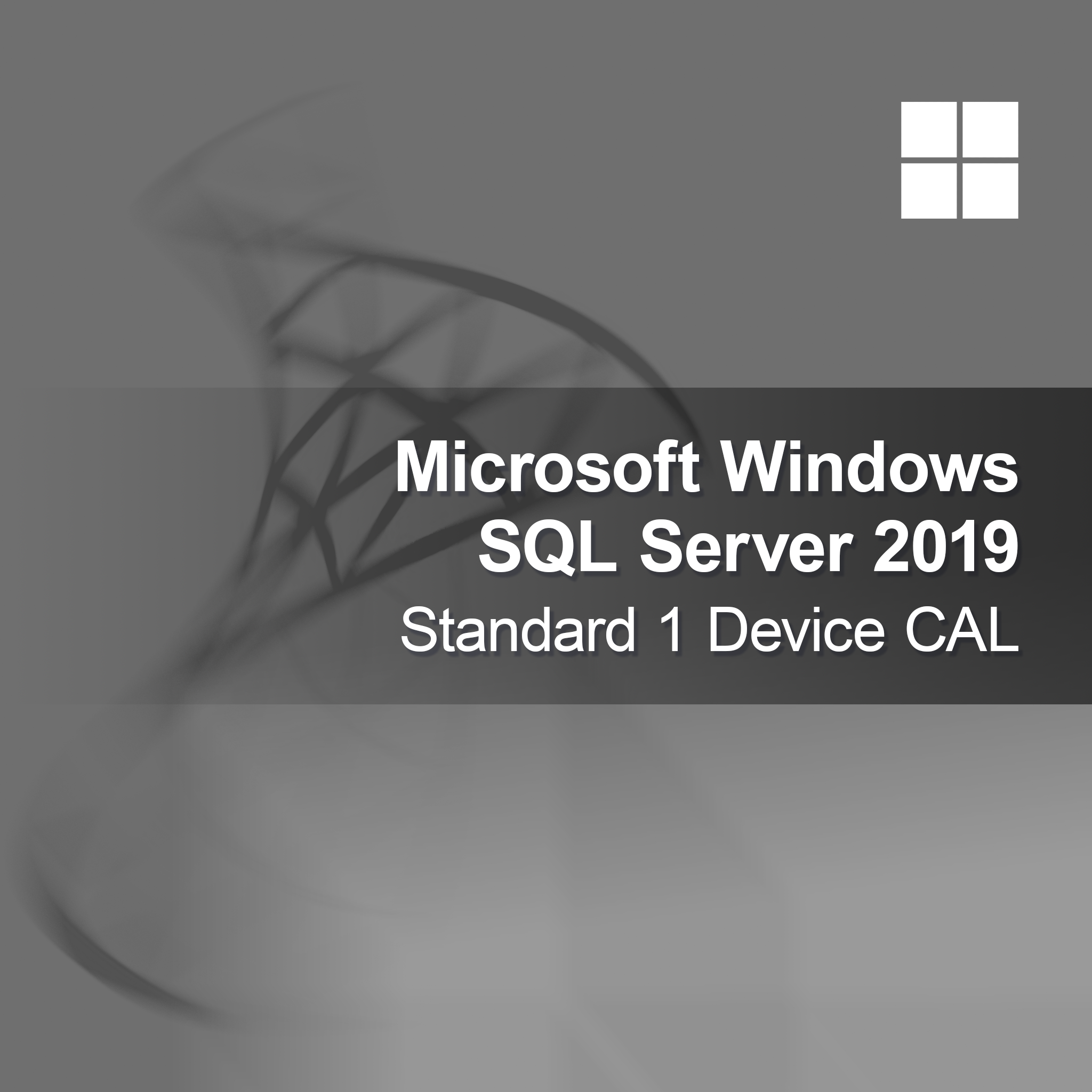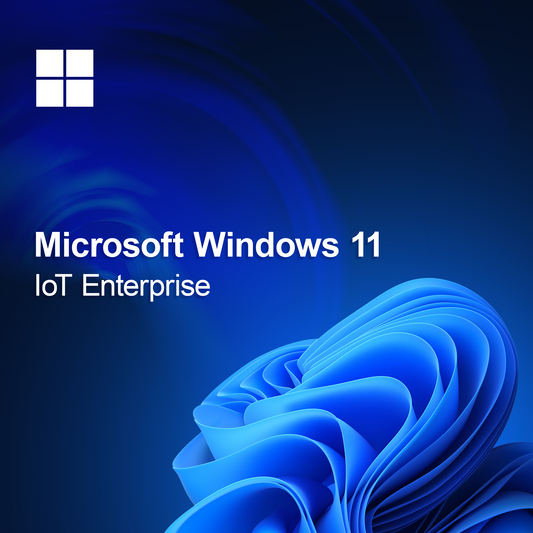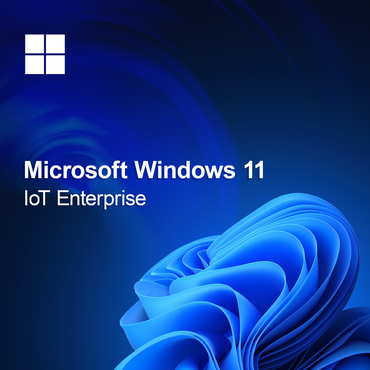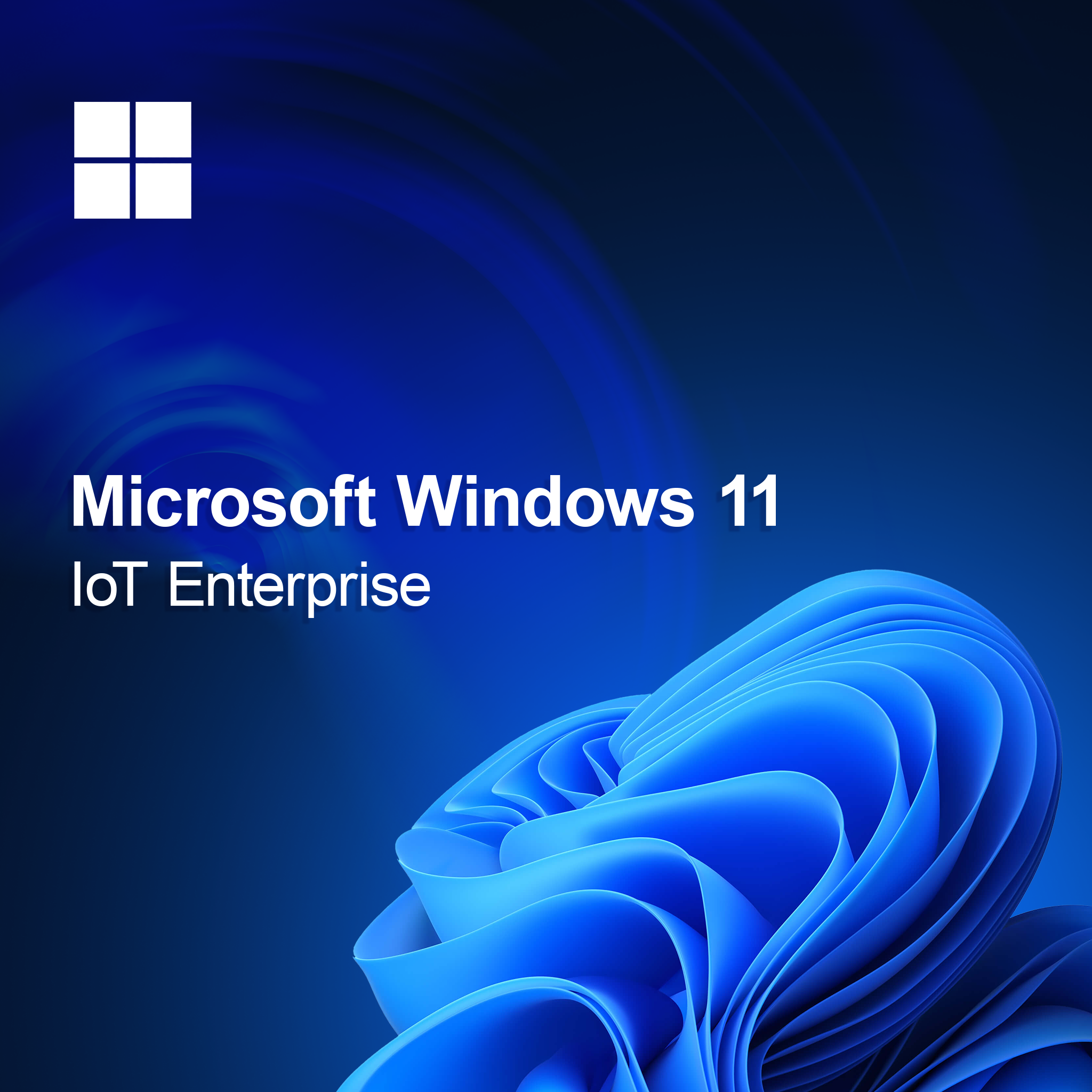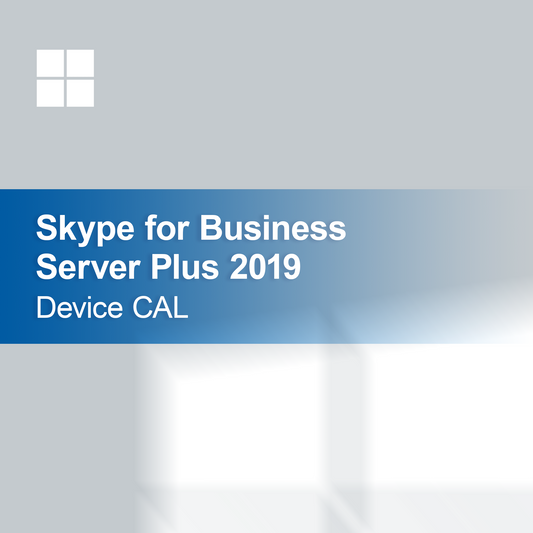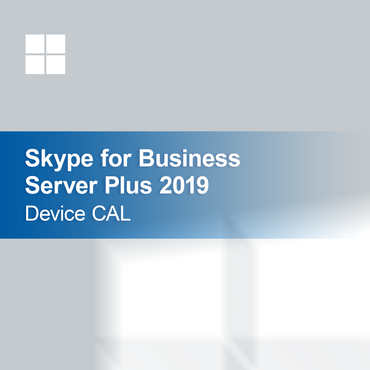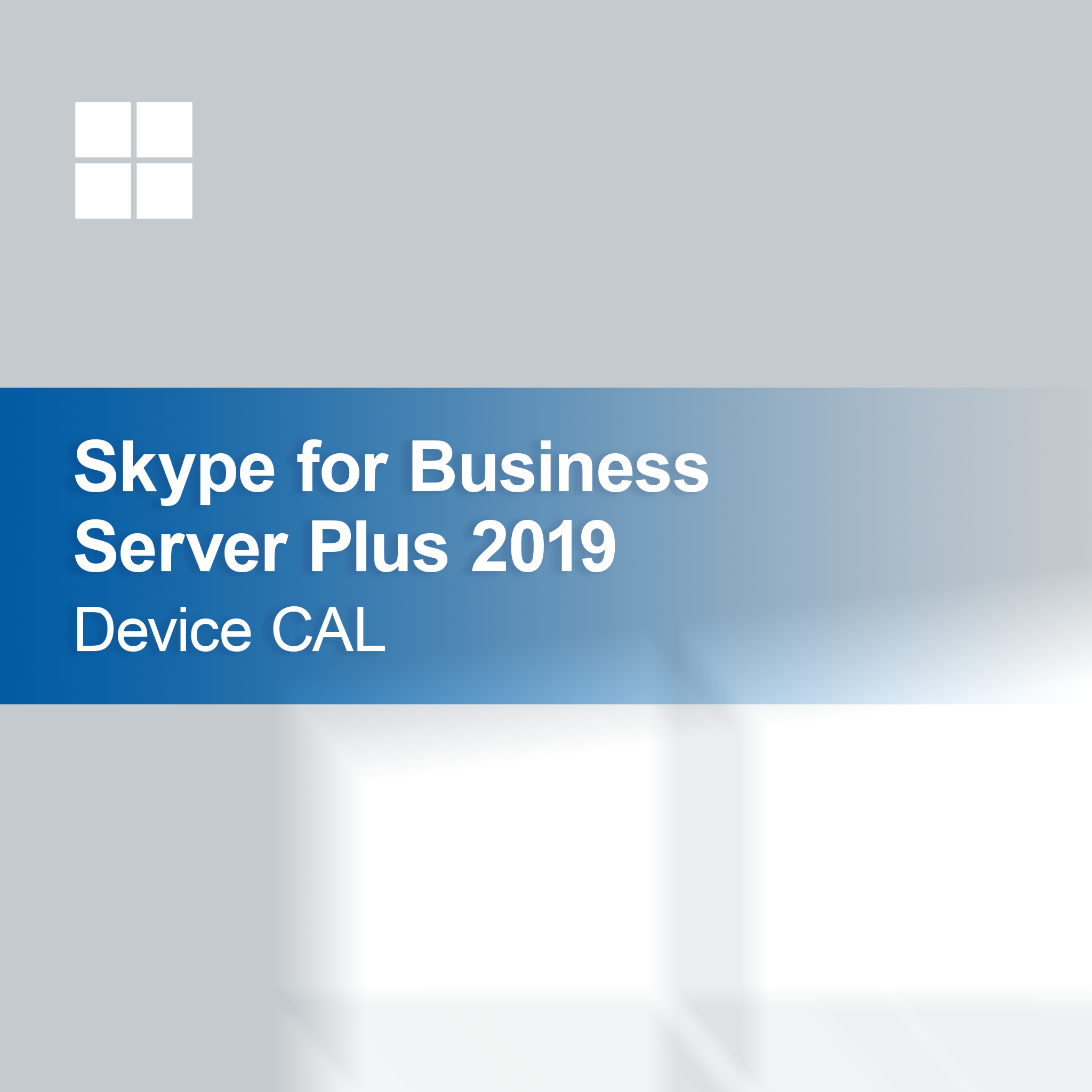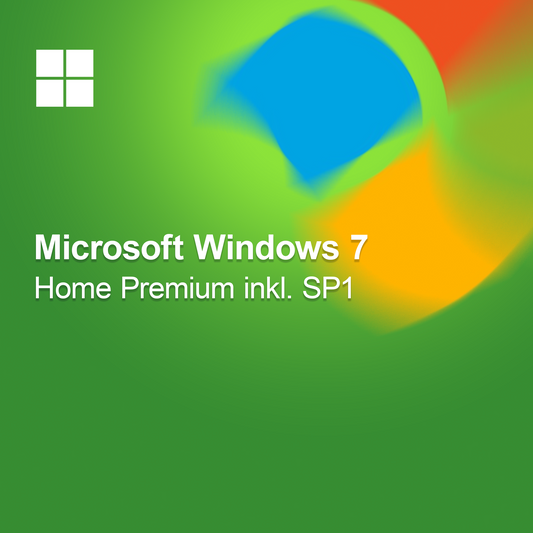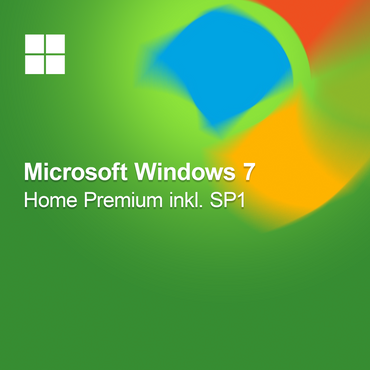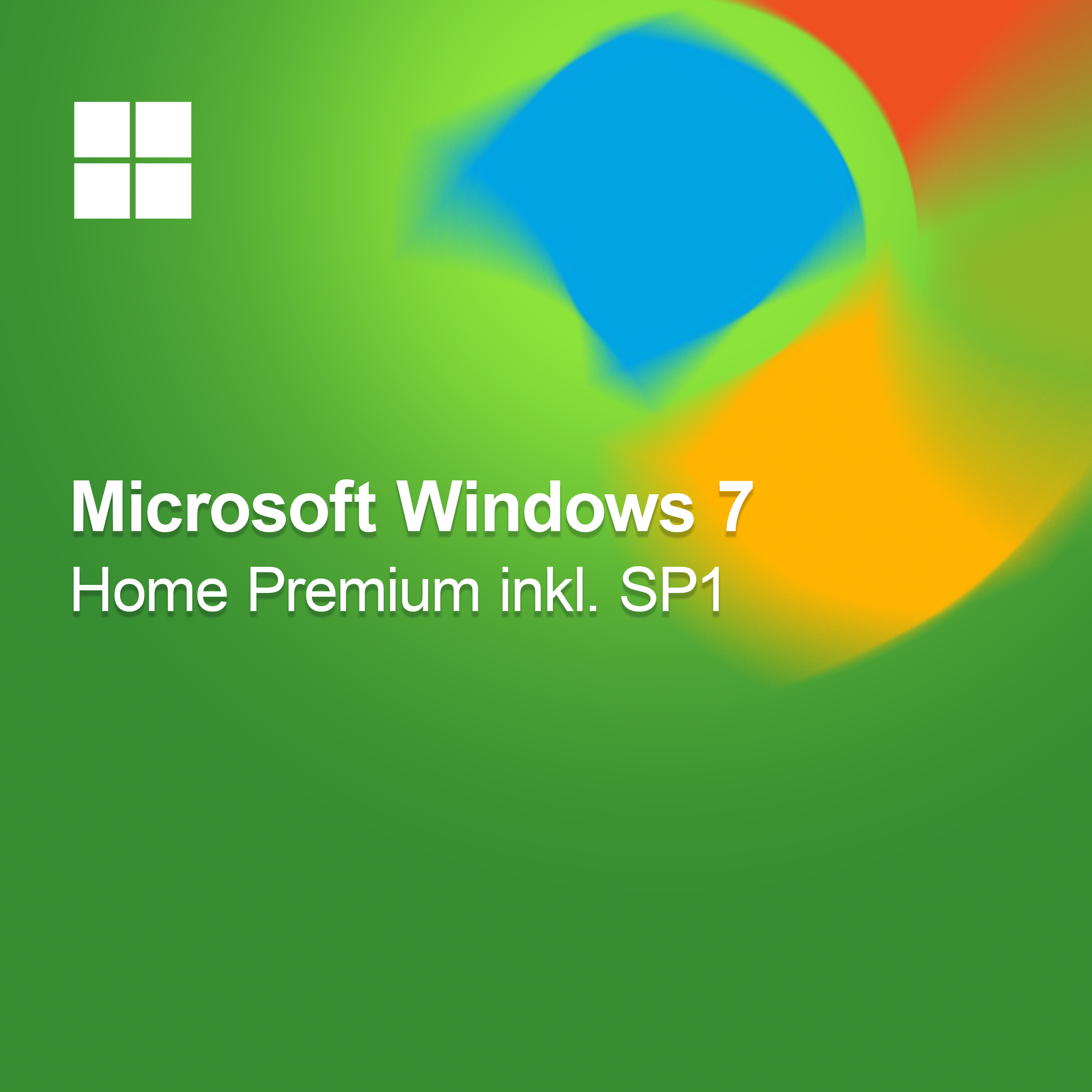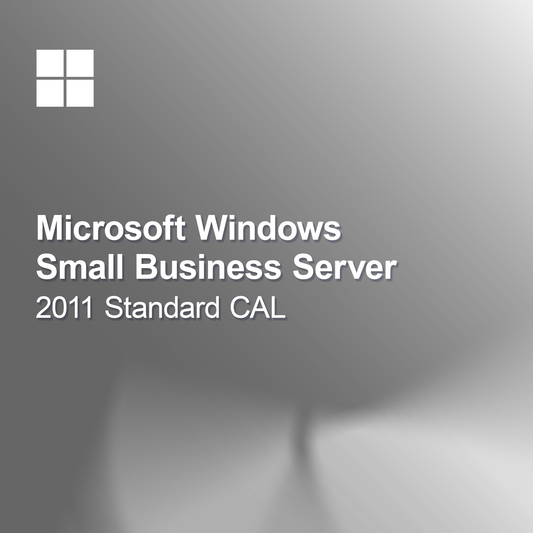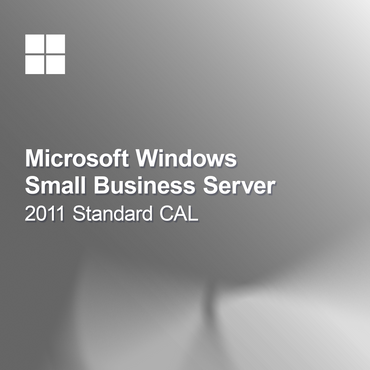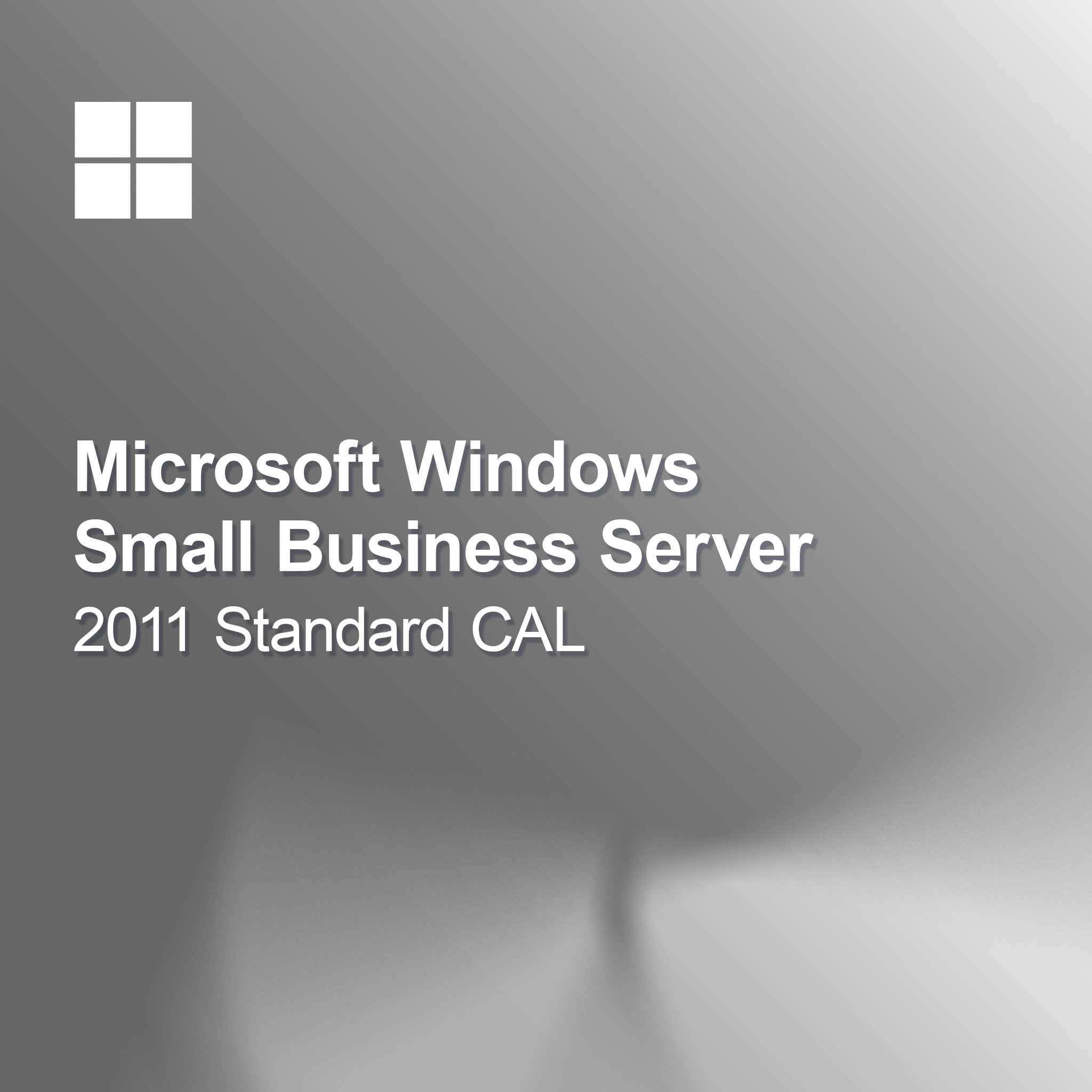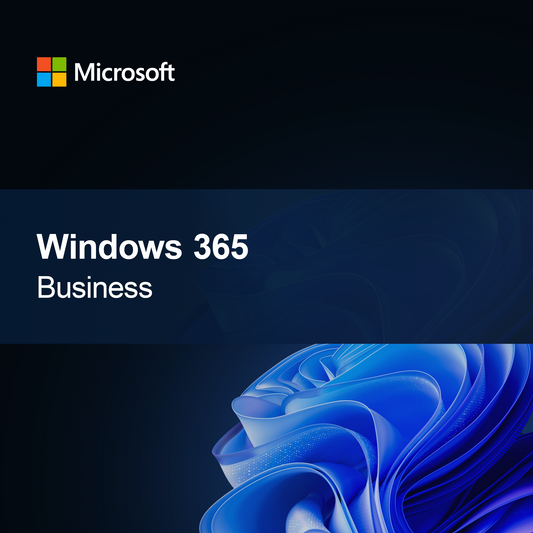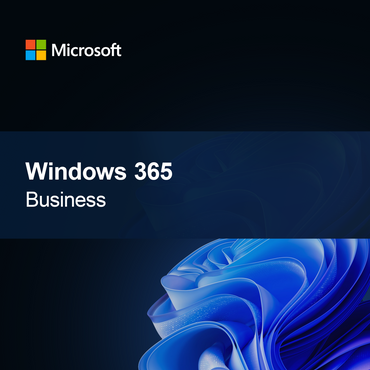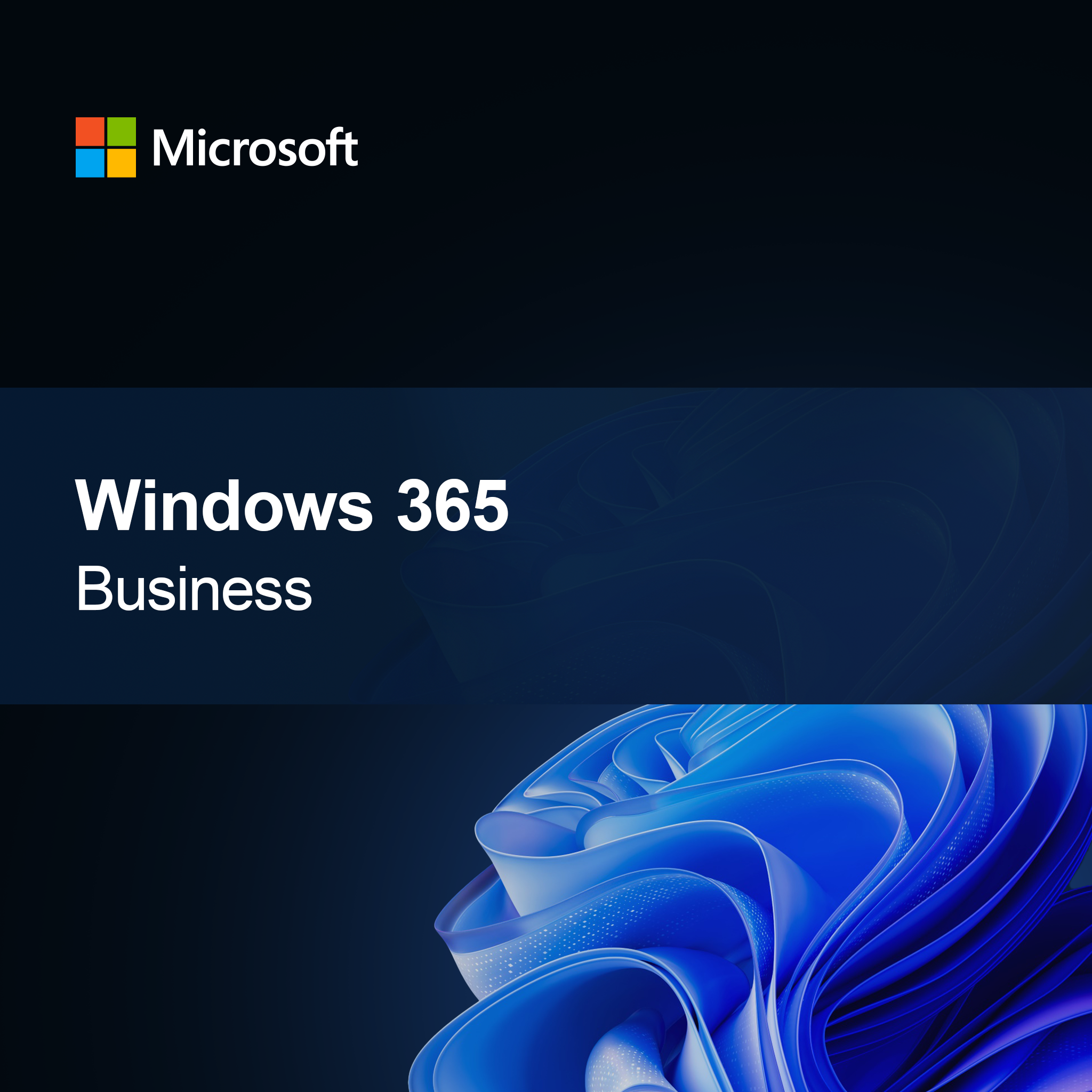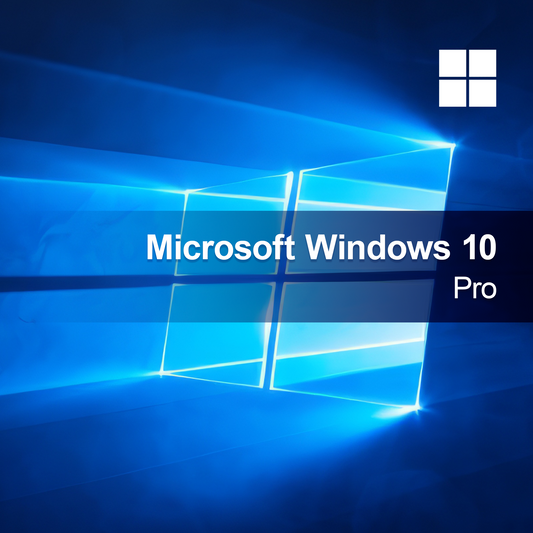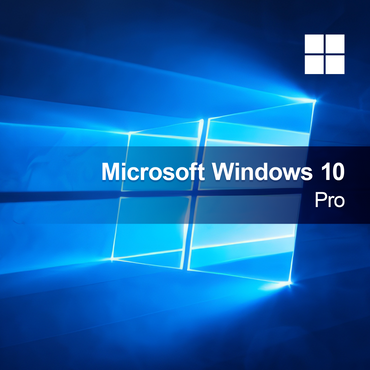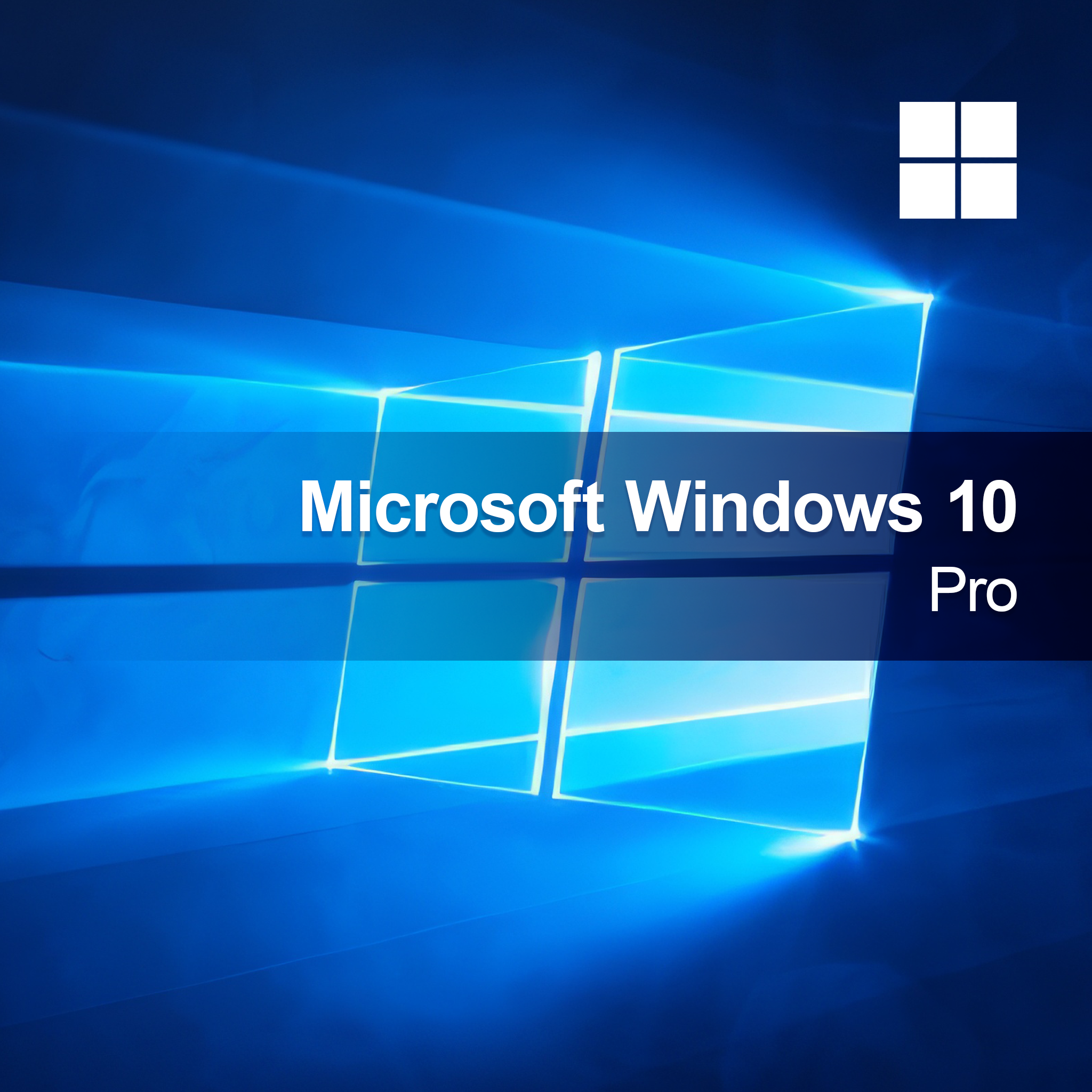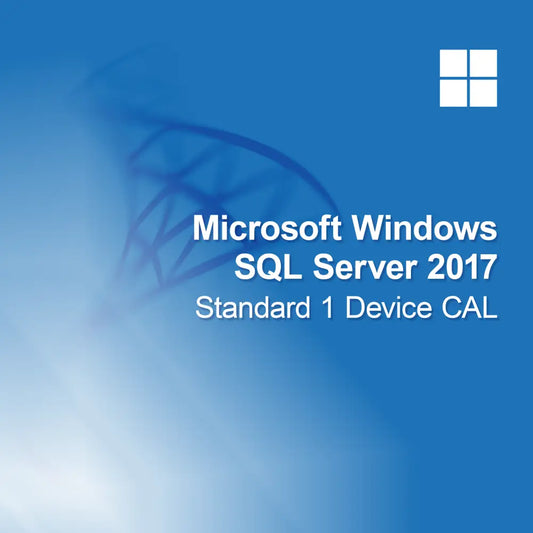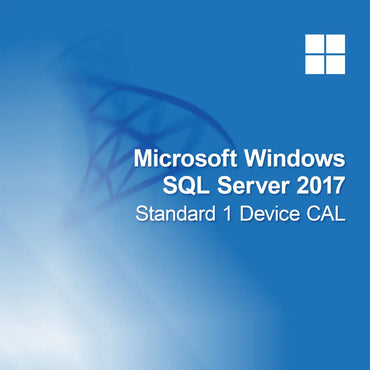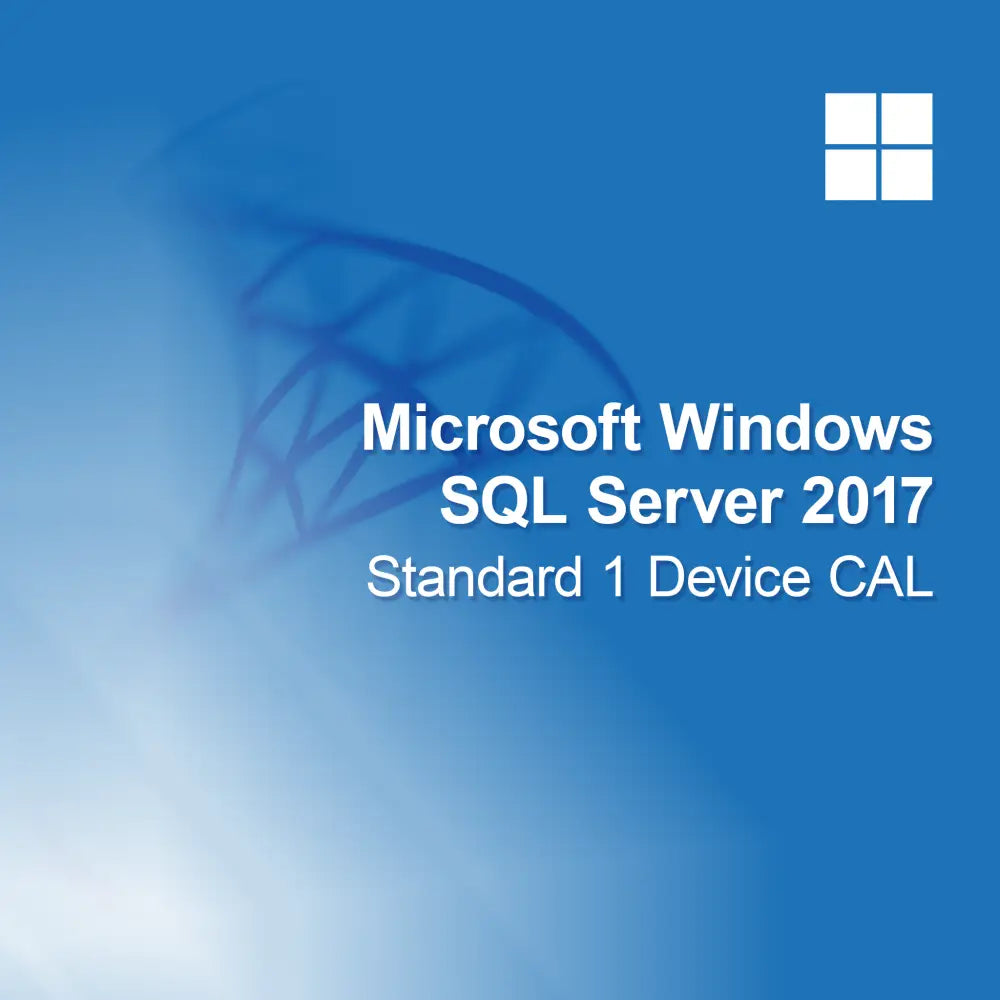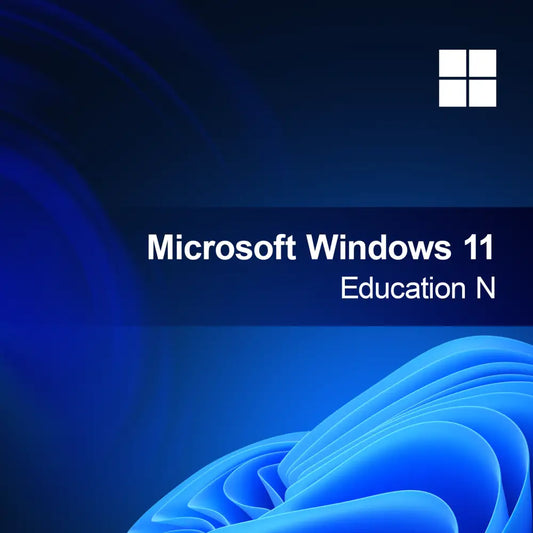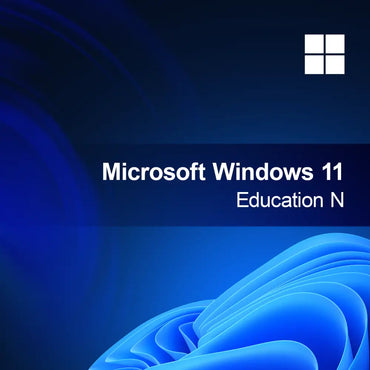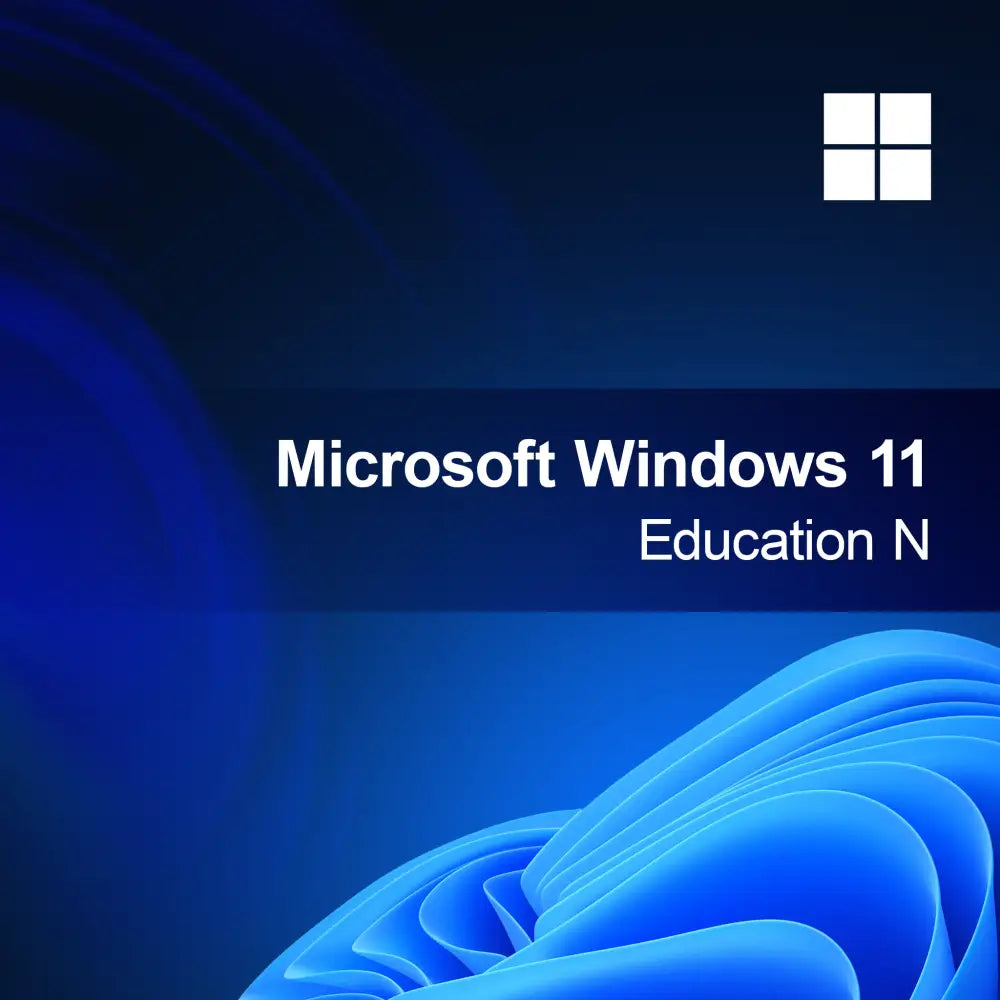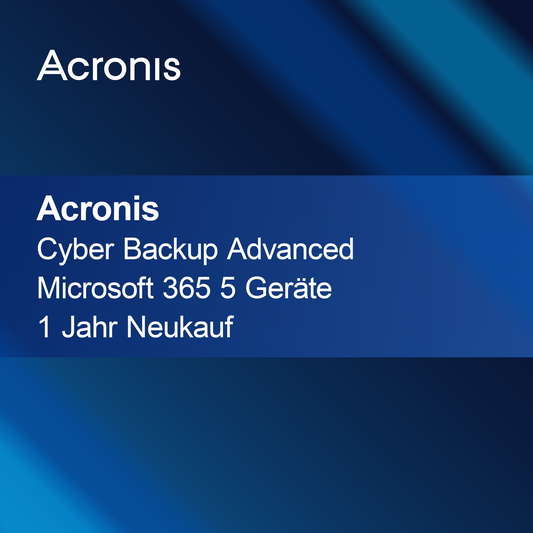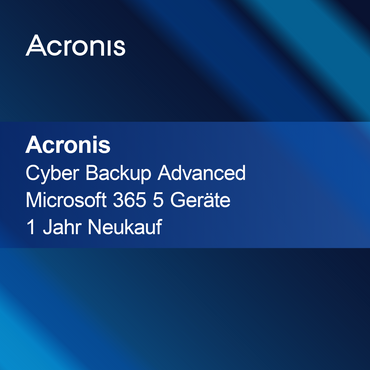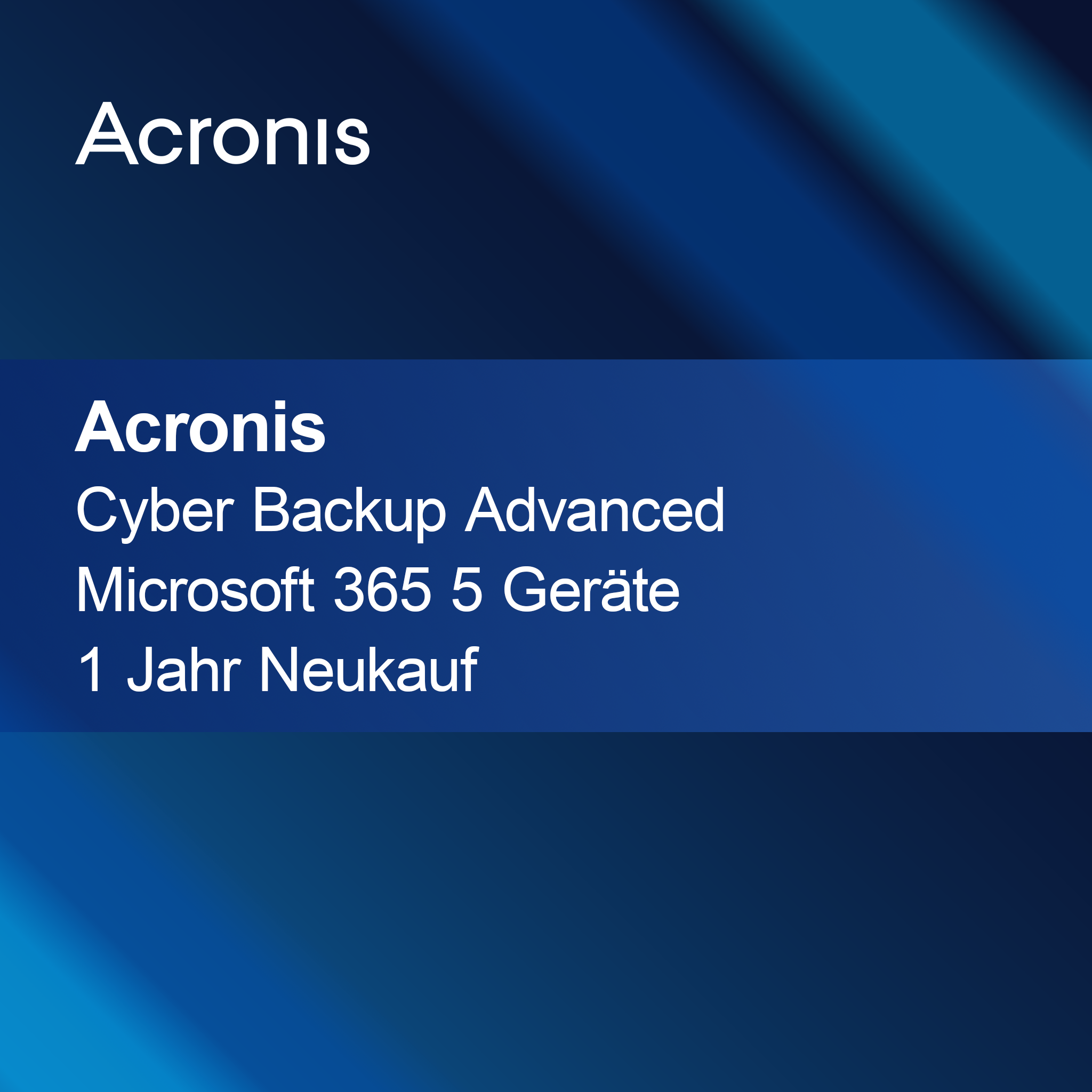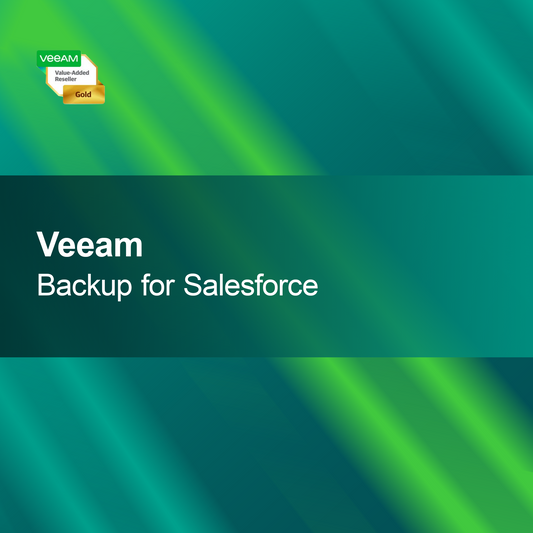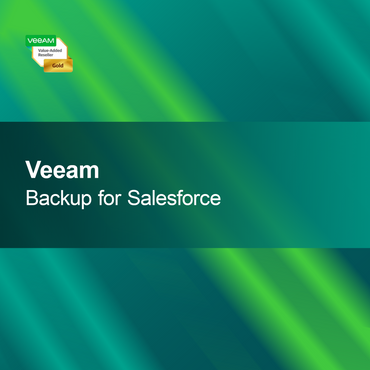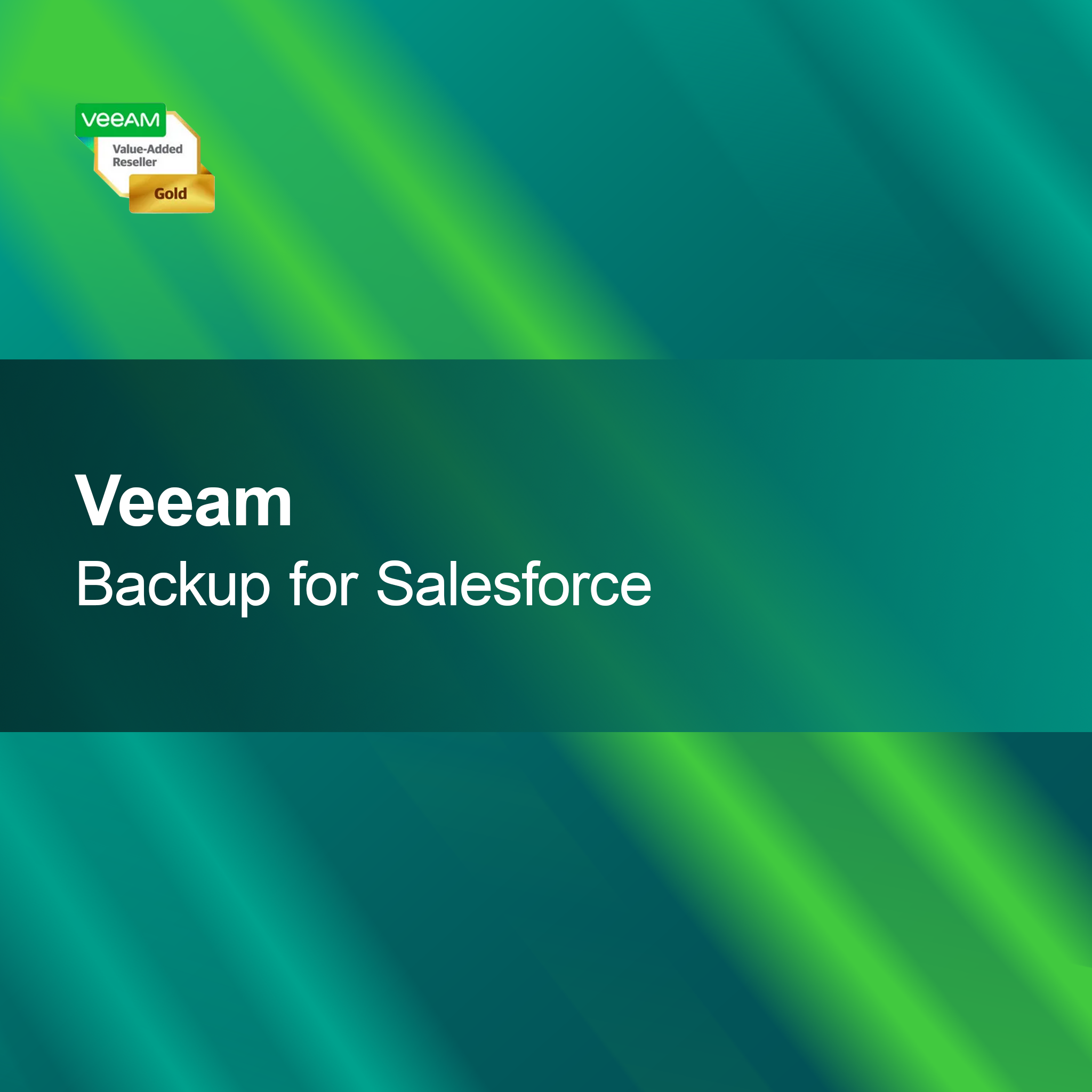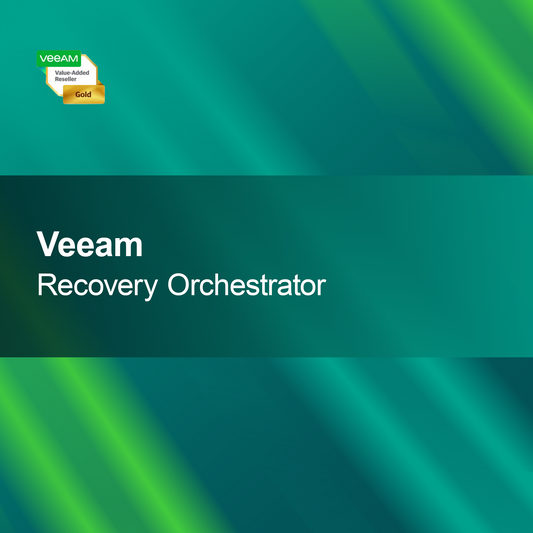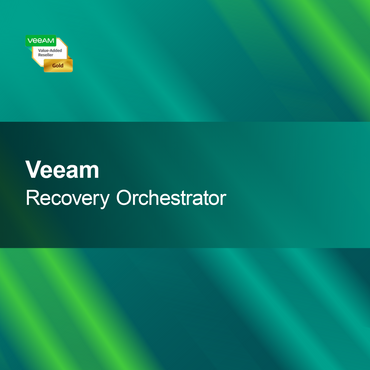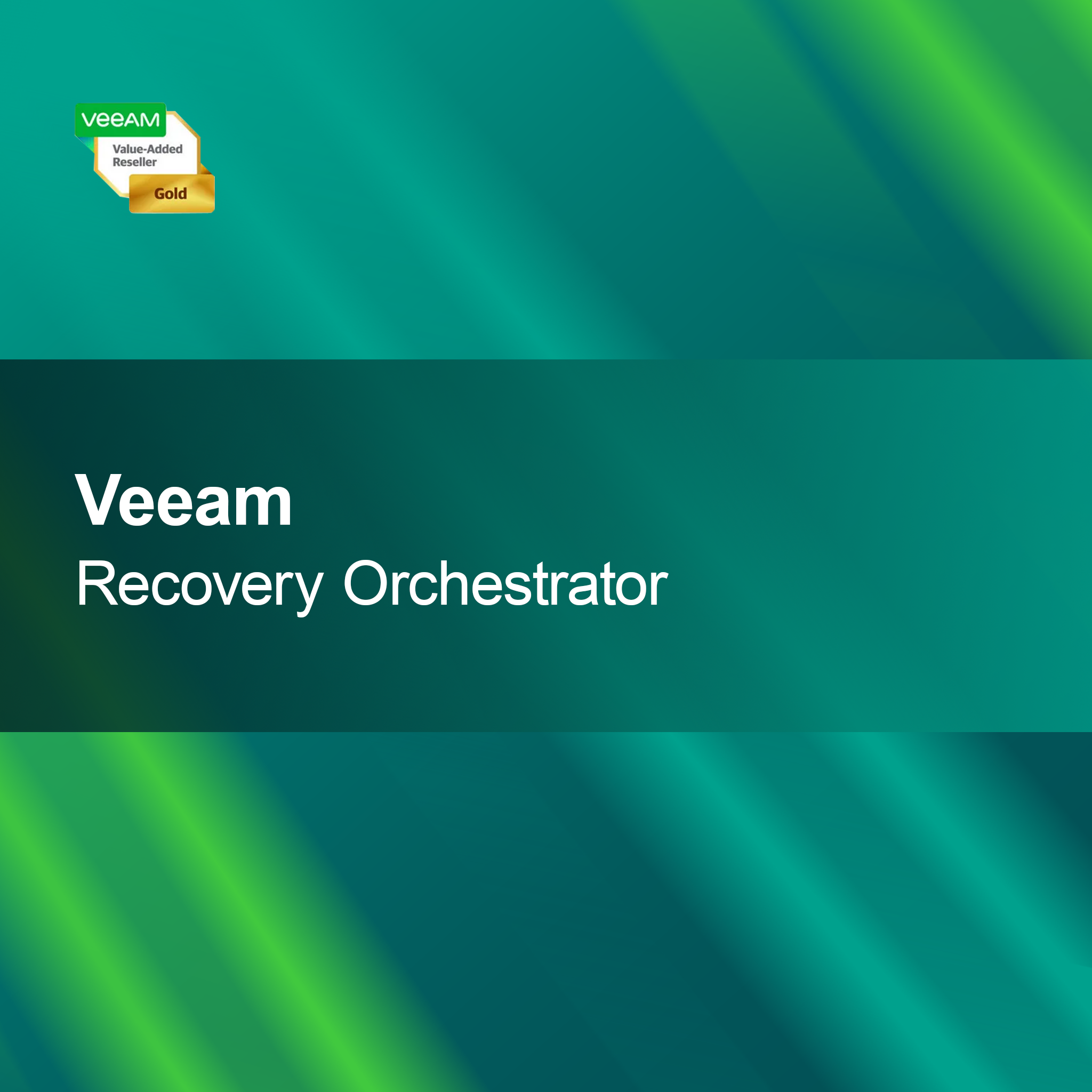-
Windows 365 Business with Windows Hybrid Benefit
Regular price From €341,95Sale price From €341,95 Regular priceUnit price perWindows 365 Business with Windows Hybrid Benefit With the license key for Windows 365 Business, you get a versatile and scalable cloud PC solution that is...
-
Windows 365 Frontline
Regular price From €512,95Sale price From €512,95 Regular priceUnit price perWindows 365 Frontline With Windows 365 Frontline, you benefit from a flexible and secure solution for managing workstations, especially for companies with many employees who only...
-
Windows 365 Enterprise
Regular price From €341,95Sale price From €341,95 Regular priceUnit price perWindows 365 Enterprise With the license key for Windows 365 Enterprise, you get a powerful and flexible cloud computing solution specifically tailored to the needs of...
-
Microsoft SQL Server 2019 Standard 1 Device CAL
Regular price €97,95Sale price €97,95 Regular priceUnit price perMicrosoft SQL Server 2019 Standard 1 Device CAL With the license key for Microsoft SQL Server 2019 Standard 1 Device CAL, you get a powerful and...
-
Microsoft Windows 11 IoT Enterprise
Regular price €149,95Sale price €149,95 Regular priceUnit price perMicrosoft Windows 11 IoT Enterprise With the license key for Microsoft Windows 11 IoT Enterprise, you get a reliable and powerful platform specifically designed for the...
-
Skype for Business Server Plus 2019 Device CAL
Regular price €109,95Sale price €109,95 Regular priceUnit price perSkype for Business Server Plus 2019 Device CAL With the license key for Skype for Business Server Plus 2019 Device CAL, you get a powerful and...
-
Microsoft Windows 7 Home Premium incl. SP1
Regular price €10,95Sale price €10,95 Regular priceUnit price perMicrosoft Windows 7 Home Premium incl. SP1 With the license key for Microsoft Windows 7 Home Premium incl. SP1, you get a reliable and user-friendly operating...
-
Windows Small Business Server 2011 Standard CAL
Regular price €14,99Sale price €14,99 Regular priceUnit price perWindows Small Business Server 2011 Standard CAL With the license key for Windows Small Business Server 2011 Standard CAL, you get a reliable and powerful server...
-
Windows 365 Business
Regular price From €390,95Sale price From €390,95 Regular priceUnit price perWindows 365 Business With Windows 365 Business, you get a flexible and powerful cloud solution that allows you to use your workspace anytime and from anywhere....
-
Microsoft Windows 10 Pro
Regular price €34,95Sale price €34,95 Regular priceUnit price perMicrosoft Windows 10 Pro With the license key for Microsoft Windows 10 Pro, you get a powerful and user-friendly operating system designed specifically for professional users....
-
Microsoft SQL Server 2017 Standard, 1 Device CAL
Regular price €86,95Sale price €86,95 Regular priceUnit price perMicrosoft SQL Server 2017 Standard, 1 Device CAL With the license key for Microsoft SQL Server 2017 Standard, 1 Device CAL, you get a powerful and...
-
Microsoft Windows 11 Education No
Regular price €57,95Sale price €57,95 Regular priceUnit price perMicrosoft Windows 11 Education N With the license key for Microsoft Windows 11 Education N, you get a modern and user-friendly operating system solution specifically tailored...
Server & Client
What are servers and clients?
Servers and clients are fundamental components in network architecture. A server is a powerful computer that provides resources, data, or services to other computers called clients. Clients are usually less powerful and access the resources provided by the server. This structure enables efficient use of data and applications in a network, whether locally or over the Internet.
What types of servers are there?
There are different types of servers, each fulfilling specific functions. Web servers host websites and deliver content to browsers. Database servers store and manage data, while application servers provide software applications. Other types include mail servers, which manage emails, and file servers, which store and share files. The choice of the right server type depends on the requirements of your network.
How do servers and clients communicate with each other?
Communication between servers and clients takes place over networks, usually using protocols such as HTTP, FTP, or SMTP. When a client sends a request to the server, the server processes this request and sends back the corresponding data or services. This interaction is crucial for the functionality of applications and websites, as it enables the exchange of information.
What are the advantages of a server-client model?
The server-client model offers numerous advantages, including centralized data management, improved security, and easier maintenance. Since data is stored on a server, it can be more easily backed up and managed. Additionally, this model allows better control over access rights and security measures. Clients benefit from the ability to access powerful server resources without needing extensive hardware themselves.
- Centralized data management for easier backups
- Increased security through controlled access
- Efficient resource utilization through server performance
How do I choose the right server for my needs?
When choosing a server, you should consider your specific requirements. Think about what type of applications or services you want to provide and how many clients will access it. Also consider factors such as performance, storage capacity, and scalability. It can be helpful to consult a professional to find the best solution for your business or organization.
What are the most common challenges in server-client architectures?
When implementing server-client architectures, various challenges can arise. These include network issues that can affect communication, as well as security risks caused by insufficient protective measures. Managing and maintaining servers can also be complex, especially when multiple clients access them simultaneously. Careful planning and regular maintenance are crucial to overcoming these challenges.
What system requirements are necessary for servers and clients?
The system requirements for servers and clients vary depending on the applications and services used. Servers generally require more powerful hardware, including fast processors, sufficient RAM, and large storage capacity. Clients, on the other hand, can often manage with less powerful hardware as long as they meet the basic requirements of the software used. It is important to check the specific requirements of the deployed applications to ensure optimal performance.
